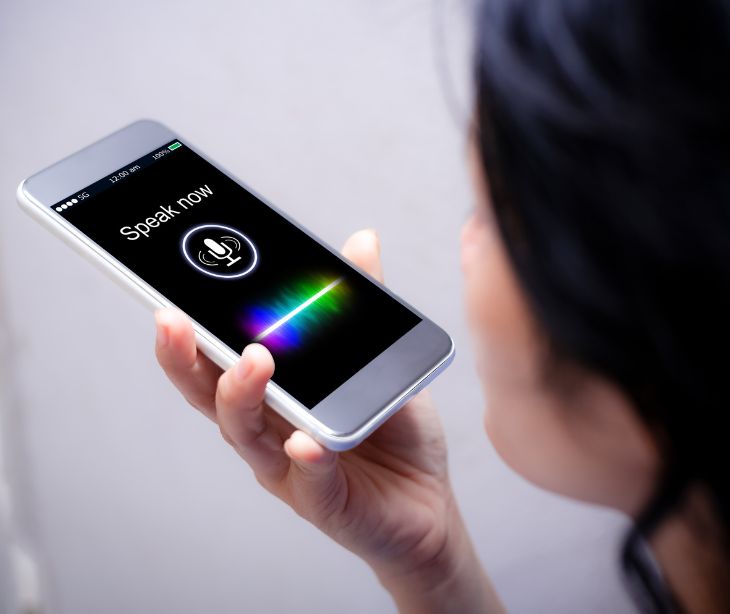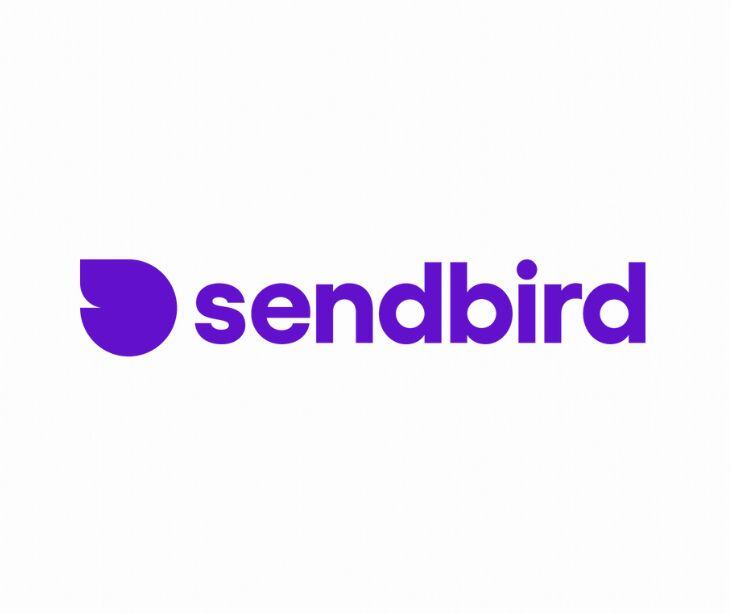
Voice recognition technology is an advanced system that processes and interprets human speech into text or commands. Voice recognition technology, in itself, is not inherently HIPAA compliant. Compliance depends on how the technology is implemented and used in healthcare.
What is voice recognition technology?
It works by capturing spoken words through a microphone, converting the audio signal into digital data, and then using sophisticated algorithms to analyze and match these sounds against a database of known language patterns and phonetics. The system employs natural language processing (NLP) techniques to understand context, differentiate between similar-sounding words, and even recognize accents or dialects. Once the spoken words are identified, the technology converts them into written text or executes commands based on the user's speech.
In healthcare, voice recognition technology improves the efficiency of medical documentation and patient care. It enables healthcare professionals to transcribe clinical notes directly into electronic health records (EHRs) without manual typing, saving time and allowing for more focus on patient interaction. This technology is particularly useful for hands-free data entry in environments that require sterility, such as operating rooms. It's also being utilized in telehealth services to aid in remote patient consultations, facilitating communication between healthcare providers and patients.
See also: Security in biometric identification
How does HIPAA apply to voice recognition technology?
The Privacy Rule, a key component of HIPAA, requires that any identifiable patient information captured by voice recognition tools must be handled with confidentiality. Healthcare providers using voice recognition to record patient data must ensure that the technology is secure and that access to the recorded information is tightly controlled.
The Security Rule, another part of HIPAA, stipulates that electronic protected health information (ePHI), including data processed by voice recognition systems, must be safeguarded against unauthorized access. This involves implementing measures such as encryption, access controls, and regular security audits.
Implementing voice recognition technology in healthcare effectively while ensuring HIPAA compliance involves several key steps. Firstly, careful planning is necessary to map out how the technology will interact with PHI and to identify potential risks. This includes deciding what data will be captured, how it will be stored, and who will have access. Secondly, rigorous security measures must be put in place within the chosen option. This involves continuously monitoring the system's performance, and security protocols, and training staff on how to use the technology responsibly and following HIPAA regulations.
See also: What is voice cloning?
The gaps in the need for HIPAA compliance
The following are the gaps where HIPAA may not apply to the use of voice recognition software in healthcare settings:
- Use by non-covered entities: If voice recognition software is used by entities that are not covered by HIPAA, such as software development companies or non-healthcare organizations, HIPAA protections do not apply.
- Non-PHI related tasks: When healthcare providers use voice recognition for tasks unrelated to patient data management, such as general administrative work, HIPAA rules may not govern its use.
- Personal health recordings outside formal settings: If individuals use voice recognition technology for personal health recordings outside of a formal healthcare setting (e.g., in health apps or personal diaries), HIPAA does not regulate this data.
- Third-party applications: When voice recognition technology is incorporated into third-party applications that are not directly linked to healthcare providers or insurers, HIPAA's protections might not be enforceable.
- Research purposes: If voice recognition is used for research purposes where data is de-identified, HIPAA may not cover the use and protection of this information.
- Educational use: When used in educational settings or simulations where real patient data is not involved, HIPAA regulations may not apply.
- Vendor testing and development: During the testing and development phase by vendors, if real patient data is not used, the use of voice recognition technology may fall outside the scope of HIPAA.
See also: HIPAA Compliant Email: The Definitive Guide
FAQs
Is Siri HIPAA compliant?
No, due to the fact that they will not sign a BAA.
Is Alexa HIPAA compliant?
No, although Amazon once offered HIPAA compliance to healthcare users , the support for Alexa HIPAA compliant programs was shut down by Amazon.
Is Google Assistant HIPAA compliant?
No, Google Assistant is not HIPAA compliant.
Subscribe to Paubox Weekly
Every Friday we bring you the most important news from Paubox. Our aim is to make you smarter, faster.




